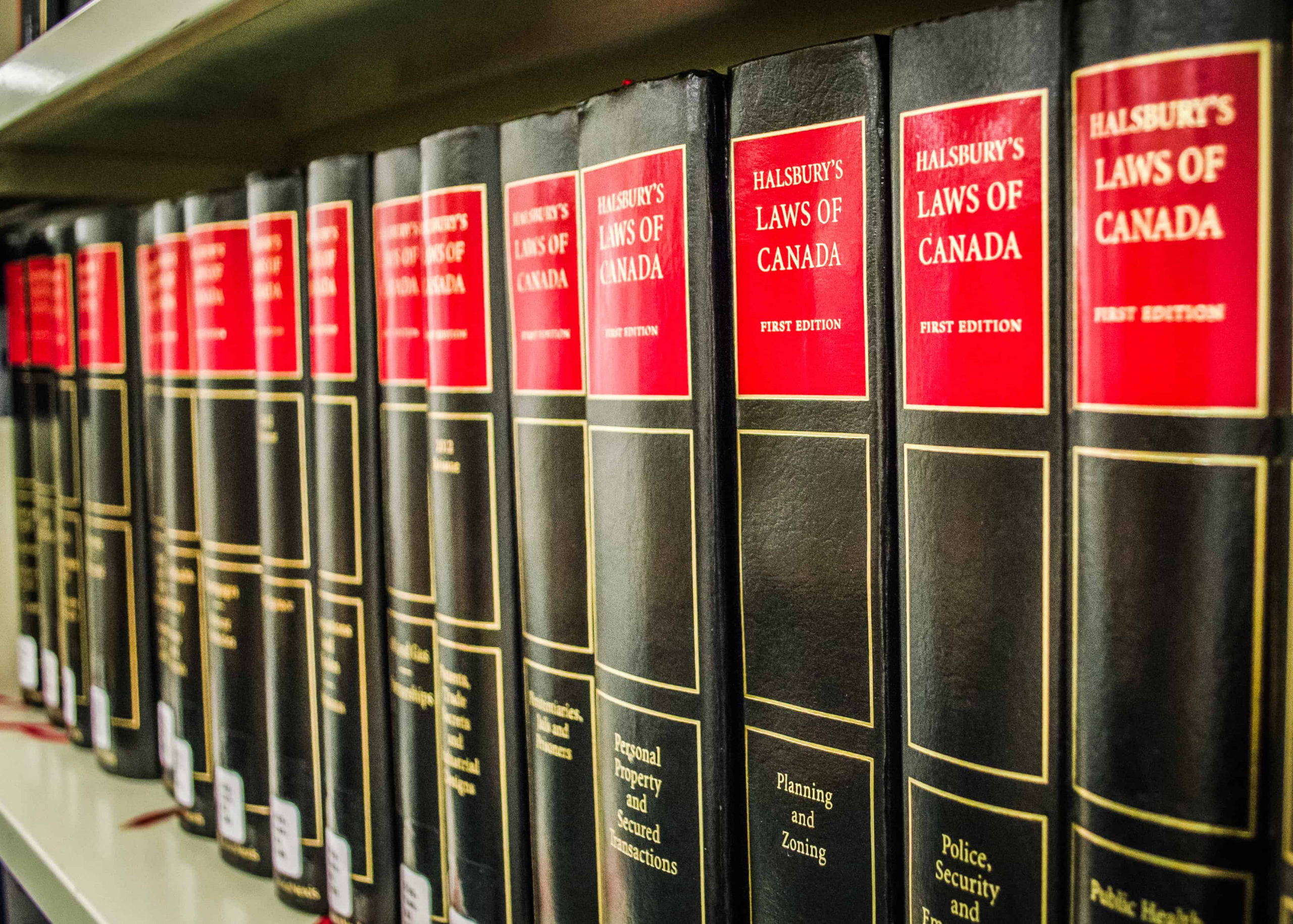After 10 years of emotional struggle over being gay, I finally reconciled with my parents. They gave me, their only child, affectionately poignant advice. My home country, Japan, is the world’s third-largest economy, albeit not growing, and is a beautiful and civilized country with culture, democracy, and technology. Having lived in Japan my entire life with a great job, family and friends, I could think of few reasons to relocate myself. Nevertheless, I aspire to succeed both professionally and globally, while pursuing my personal happiness.
Then I wondered: where should I go? After years of full-time work, I wanted to return to school. Following a stint in a Ph.D. program at the University of California, Berkeley, I decided to pursue a law degree. Despite the attractions of American law schools, I chose a Canadian law school over the top American schools.
First, for international students and immigrants like myself, studying, living, and working in a country where one is completely accepted and feels stable is critical. Taking advantage of my educational credential and work experience, I applied for Canadian permanent residency under the federal skilled worker category and was approved after 10 months of review. When I talked to an immigration lawyer in the US, I was told that it would take at least 10 years to get a green card.
Furthermore, Canada, as a federal state, recognizes same-sex marriage. I can marry anyone whom I love in Canada with all the legal benefits attached to it. Even in New York and eight other states, same-sex marriage in the US would reward me, as a non-US citizen, with little more than celebratory drinks. I know a successful gay non-American lawyer in New York who has graduated from college and law school in the US, lived there for 13 years, and is still waiting for his green card, which his American boyfriend cannot make happen under current law.
Second, going to law school often means you want to practice law. Notwithstanding the outcry about the current articling crisis, the getting a legal job in private practice, in-house, government, or other entities is higher for Canadian JDS than for American JDS — at least so far. Each of the 22 law schools in Canada allows about 80–300 students per class — roughly 200 at the University of Toronto. Many of the 194 accredited law schools in the US have a bigger class size. For example, the entering class at Harvard, Georgetown, and N.Y.U. are around 560, 520, and 480, respectively. It may be true that the Canadian legal market is saturated, but it is well established. Dozens of Canadian law school graduates also establish their legal career in the US, UK, and other countries as well.
Third, Economics 101 — ceteris paribas — choose an option which gives the highest expected return on investment. With rapidly increasing tuition, student debt has become the number one issue for law students. U of T, Canada’s most expensive law school, asked an annual tuition of $27,420 of me. That is certainly costly, but still about half that of comparable American schools — for example, Cornell’s tuition is $55,220. Other top Canadian schools are more affordable; tuition at the University of British Columbia, for instance, is $11,000 for citizens and permanent residents. A minimum wage job is not a likely outcome of a law degree. In the long term, Canada’s economic prospect seems positive. With an abundance of natural resources, Canada also sees an uprising of companies in the technology field and an influx of foreign capital enticed by its triple-A rating business environment and of global talents attracted by its diverse society.
Finally, going to a school outside the mainstream provides a unique perspective. US laws are highly influential and you will be forced to learn them in international transactions regardless of where you study. In this globalized and innovative world, it is essential to keep an open and creative mind. Canadian jurisprudence is influenced by American and English laws as well as the laws of other common law or even civil law jurisdictions. I believe that exposing yourself to different schools of thought enriches your broader views, let alone legal arguments.
Having said all of that, I need to concede that Canadian law schools are unlikely to reach the level of top American counterparts in terms of global reputation, branding, and networking in the short term. At the end of the day, Yale Law School is Yale Law School. Everyone has a different utility function; other variables may be important such as being close to family, attending a parent’s alma mater, or living in New York City. Nevertheless, I insist that, for all law school applicants, especially international, mature, and LGBT applicants like me, trying to score 170+ on LSAT, Canadian law schools are worth deliberating.
Yuki Shirato is studying law at U of T.


